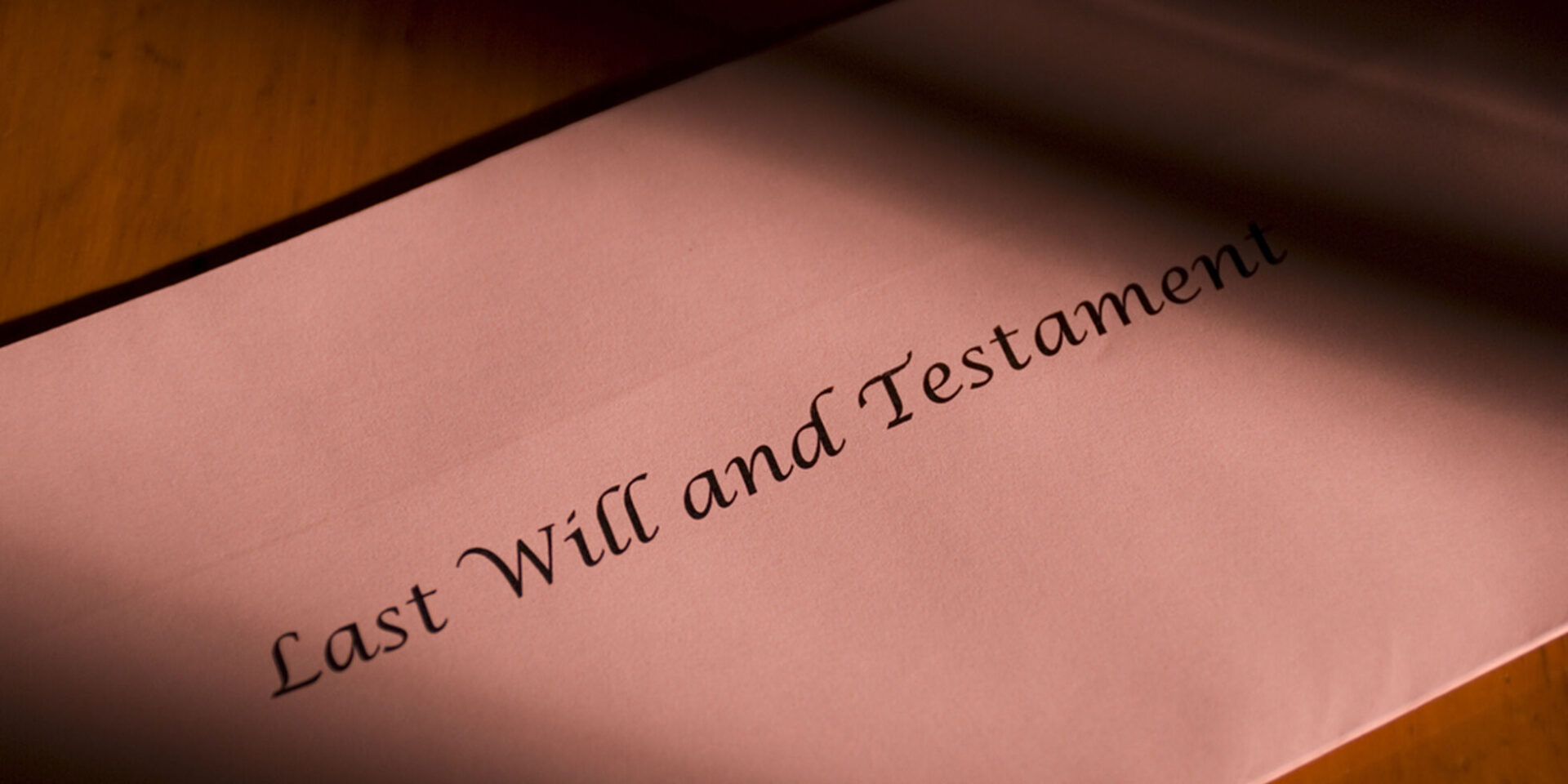Choosing an executor for your will is one of the most important decisions you’ll make when planning your estate. In simple terms, the executor is the person (or people) you nominate to carry out your wishes after you pass away. It’s a big responsibility — and choosing the right person can make the process much smoother for your loved ones.
Here are a few things to think about when making your decision:
1. Pick Someone You Trust
First and foremost, your executor should be someone you trust completely. They will be responsible for handling your assets, paying your debts, and distributing your estate according to your will. They may also need to deal with legal paperwork, the Supreme Court of Western Australia (for probate), and sometimes difficult family dynamics.
It doesn’t have to be a family member — many people appoint a close friend, a professional adviser, or even a trustee company. The key is to choose someone who will act honestly, carefully, and fairly.
2. Consider Their Skills (and Stress Levels)
Your executor doesn’t need to be a legal expert, but it helps if they are organised, good with paperwork, and comfortable making decisions under pressure. Administering an estate can take months — sometimes longer if there are complications. It’s worth asking yourself: is this person up for the task?
Tip: You can appoint more than one executor. Sometimes appointing two people (say, a family member and a professional adviser) strikes a good balance between personal knowledge and professional skill.
3. Location Matters
While there’s no legal rule in Western Australia that your executor must live locally, choosing someone nearby can be a real advantage. They may need to visit your home, attend meetings, or deal with banks and lawyers in person. Having an executor who’s in Perth — or at least in WA — can make the whole process faster and simpler.
4. Talk to Them First
It’s a good idea to have a frank conversation with the person (or people) you want to appoint. Let them know you’re thinking of naming them as your executor and check they’re willing to take it on. It can also be helpful to explain a bit about your wishes — for example, if there are any sensitive family issues they should be aware of.
5. Think About a Backup Plan
Life happens. Your chosen executor might not be able (or willing) to act when the time comes. That’s why it’s smart to nominate a substitute executor in your will — someone who can step in if needed.
In Western Australia, if no executor is available or willing to act, someone else (usually a beneficiary) can apply to administer the estate, but it’s far better to plan ahead and avoid uncertainty.
Final Thought: Professional Executors
If you’re worried about family tensions or if your estate is complex, you might want to consider appointing a professional — like a lawyer or a trustee company. While they charge fees, they bring expertise and neutrality, which can be just what is required when your family and friends are grieving.

